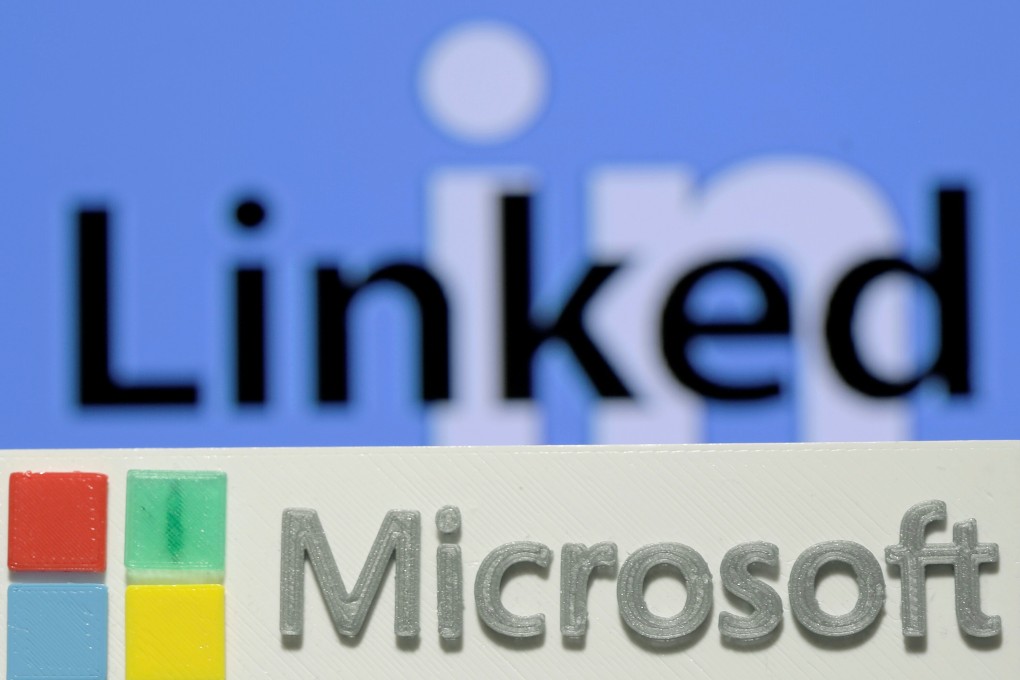LinkedIn users ditch polite networking for real talk on US race and inequity
- Companies blanketed LinkedIn and other social media platforms with declarations of solidarity with the Black community following the death of George Floyd
- In addition to employing human community moderators, LinkedIn also uses artificial intelligence and automated systems to detect and remove inappropriate content

“This is white supremacy. This is institutionalised racism,” Aaisha Joseph, an executive assistant in New York City, posted on Microsoft Corp’s LinkedIn in early June, calling out the Black leadership vacuum at tech giants.
In another post on LinkedIn, Ian Davis, a Black creative consultancy executive who founded Age of the Creative, called out his former bosses at a global advertising agency, for telling him he had an “attitude problem” after speaking out.
Uncomfortable remarks like these, which have generated thousands of responses and millions of views, were once shunned at the office and confined to no-holds-barred forums like Twitter Inc. But they are now increasingly common on LinkedIn, known more for its polite discourse where users networked their way to their next job.
As US companies grapple with addressing racism and inequality stoked by nationwide protests, workers sheltering in place during the coronavirus pandemic have staked out LinkedIn as the next battleground for unvarnished discussion in the virtual office.
“We aim for the conversations on LinkedIn to reflect real-life conversations in the workplace, and that includes topics that deeply affect our members’ lives,” LinkedIn’s director of product Liz Li said in a statement. “From work from home driven by Covid-19 to Black Lives Matter and racial injustice, we’re seeing more conversations on the platform between colleagues, connections and by companies.”
Companies blanketed LinkedIn and other social media platforms with declarations of solidarity with the Black community following the death of George Floyd, an unarmed Black man killed by Minneapolis police. That helped stretch the boundaries for what is now permissible in the office, even virtual ones hosted on platforms such as LinkedIn, said Brittany Bronson, a diversity and inclusion consultant for Rebrand Career Consulting.